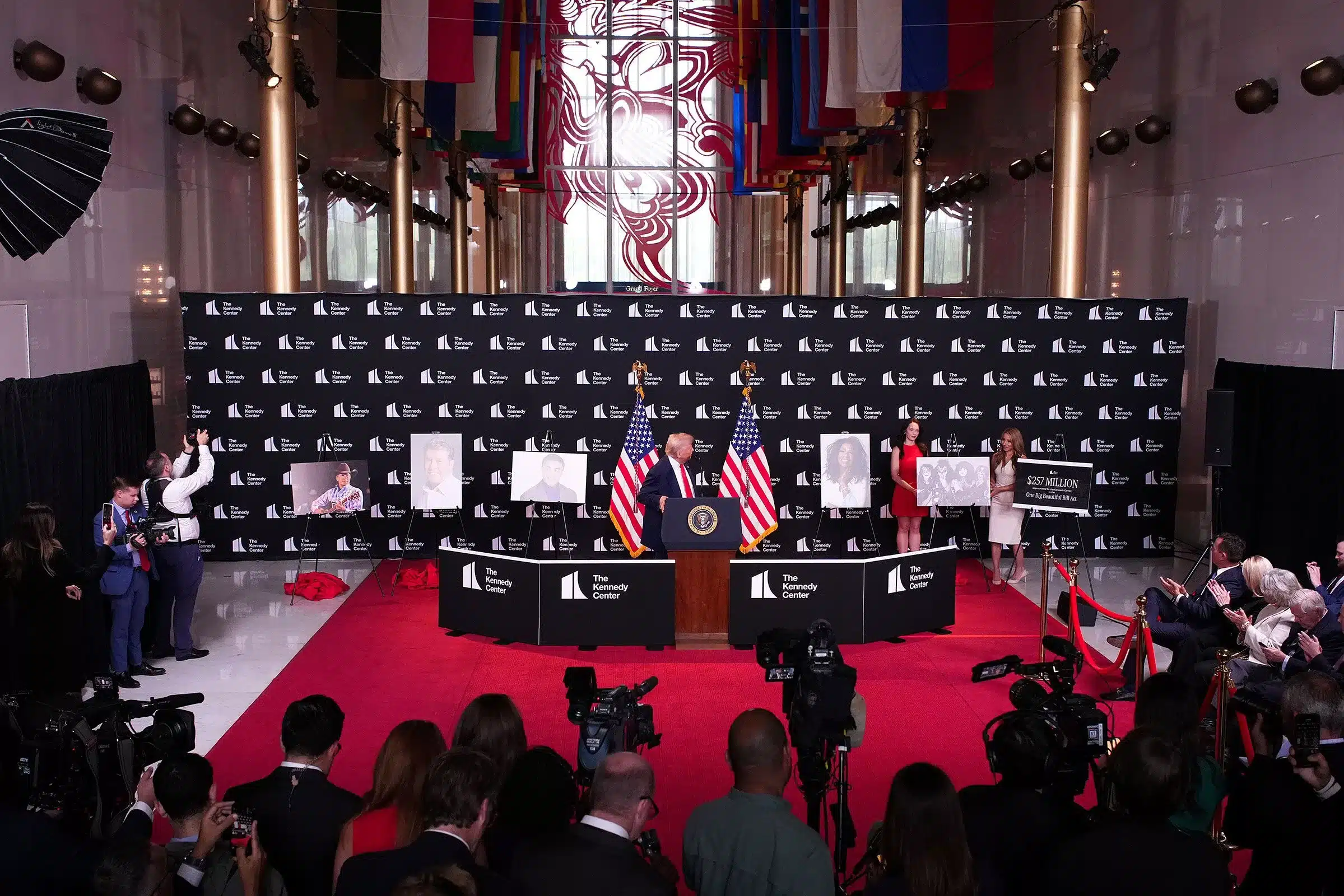
Robinhood CEO Vlad Tenev is tightening return-to-office (RTO) rules, mandating that top executives be in the office five days a week – a sharp reversal from his 2022 decision to make the company fully remote.
The $100 billion fintech firm’s new policy sets different requirements depending on role: executives must work onsite full-time, managers four days a week, and individual contributors three days a week. Employees without direct reports will avoid the strictest measures, but for leaders accustomed to working from home, the shift could be jarring.
Tenev, speaking on The Cheeky Pint podcast, admitted he regretted the remote-first announcement “pretty much immediately,” calling it a decision that was easier to reverse than many believed. “Everyone said it was a one-way door, but it turns out it’s a two-way door. You can reverse pretty much anything,” he said. He added that part of his thinking was ensuring managers share in the challenges faced by their teams: “It’s nice to know your manager is going through more pain than you.”
The move comes as other tech giants – including Amazon and Microsoft – also increase pressure for in-person work. Amazon CEO Andy Jassy has repeatedly stressed the benefits of face-to-face collaboration, while Microsoft is reportedly planning to tighten its own RTO rules after allowing employees to work remotely up to 50% of the time without approval.
The stricter mandates are part of a broader trend in the corporate world. Some companies are even monitoring employee presence more closely to combat “coffee badging” – when staff swipe into the office just long enough to get coffee before leaving. Amazon has imposed minimum-hour requirements on in-office days, Samsung is rolling out tracking tools, and Dell has used literal red flags to call out insufficient office attendance.
Not all companies are following suit. Smaller firms are using remote and hybrid flexibility as a competitive advantage to lure talent from stricter employers. Surveys show the strategy might work – remote work now ranks higher than salary as the most important job factor for many employees, according to recent studies. FTI Consulting found that 70% of remote or hybrid workers would consider leaving their job if forced back full-time without a raise.
With Robinhood’s policy shift, the debate over flexibility versus in-person collaboration is far from over. But for the company’s leadership, the decision is clear – and for executives, the commute is officially back.
























































































































































































































































































































































































































































































































































































































































































































































































































